Tag: Social Justice
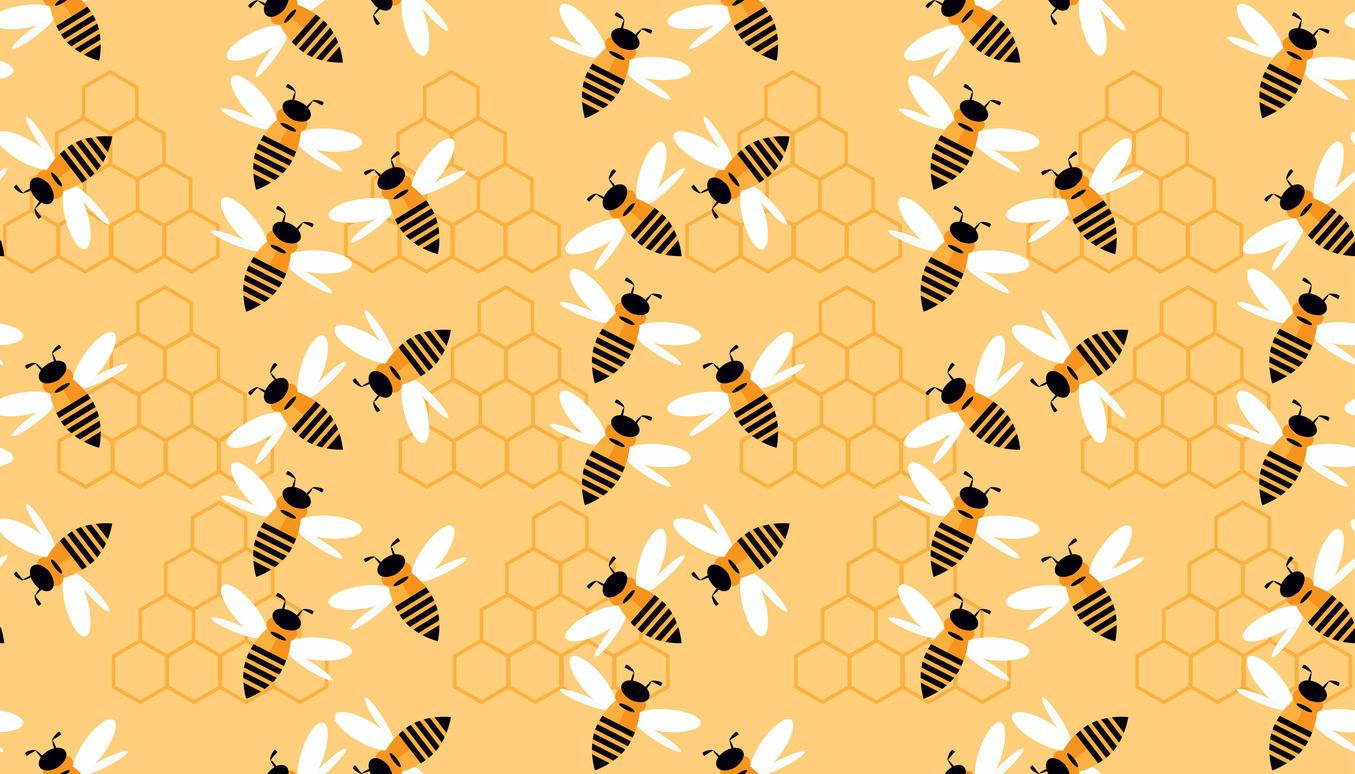
Fascism and Isolation vs. Democracy and Interconnection: The Narrative Antidote to Authoritarianism
By Mónica Roa, PuentesOne way to understand our time is as a battleground of intense narrative disputes. On one side, the climate emergency, the impact of artificial intelligence on employment,...
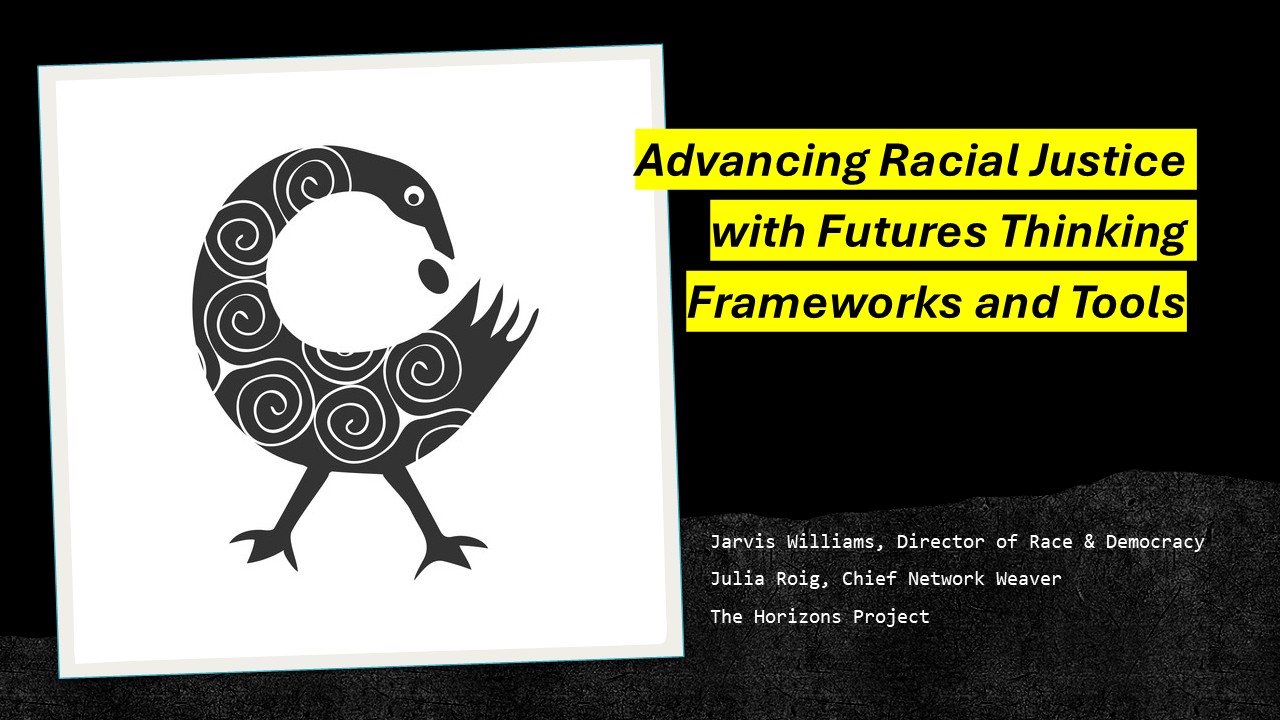
Advancing Racial Justice With Futures Thinking and Approaches
*This article was written by Director for Race and Democracy Jarvis Williams. The future of racial justice work is fraught with challenges in this moment. Therefore, Horizons’ Chief Network Weaver,...
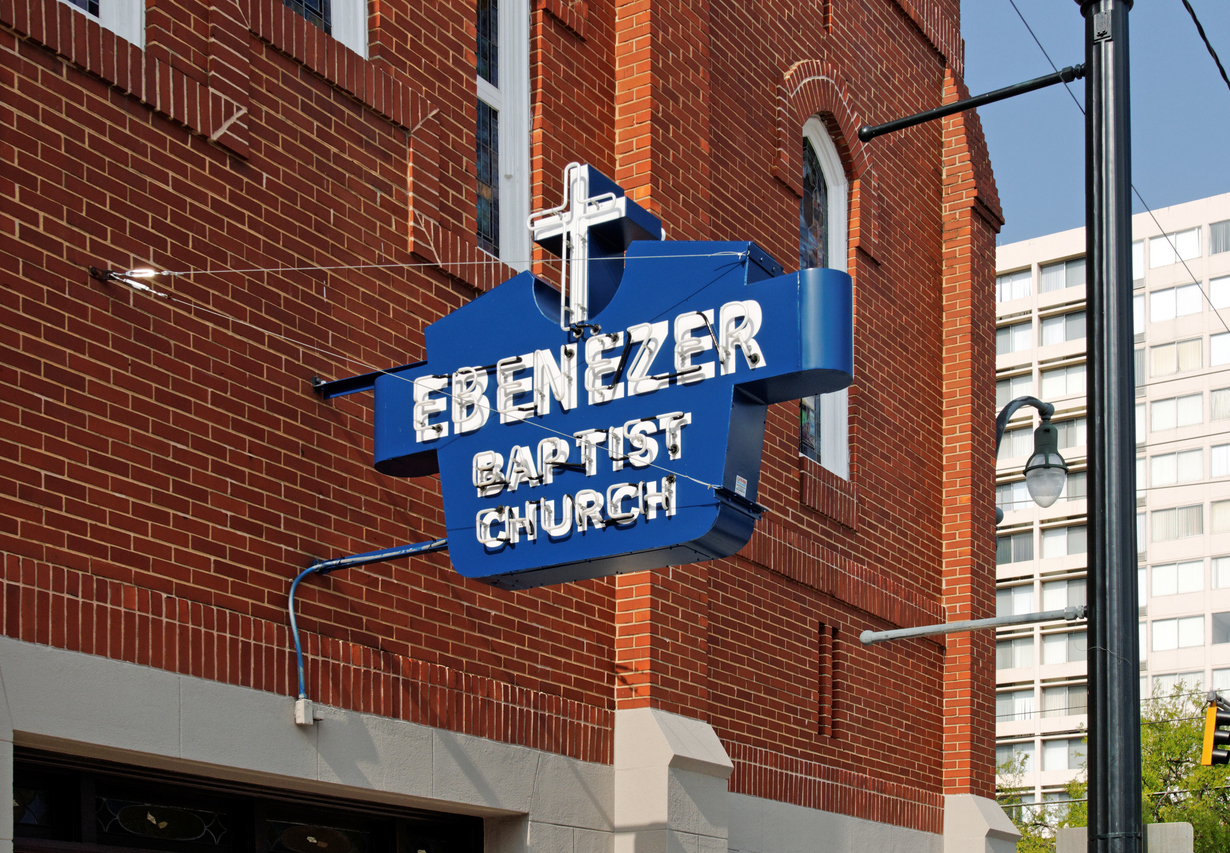
Activating Faith: The Southern Christian Leadership Conference Fights for Freedom
Time Period: Civil Rights Era, 1955-1970sLocation: United StatesMain Actors: The Southern Christian Leadership Conference (SCLC); affiliate churches; Civil Rights organizersTactics - Protest–teach-ins to educate and encourage participation - Mass action–sharing...

Introducing Our Race and Democracy Portfolio
https://www.youtube.com/watch?v=-3fXwYwNAo0 Chief Network Weaver, Julia Roig, and Director for Race & Democracy, Jarvis Williams, have a conversation about why the Horizons Project created this new role and portfolio of work...
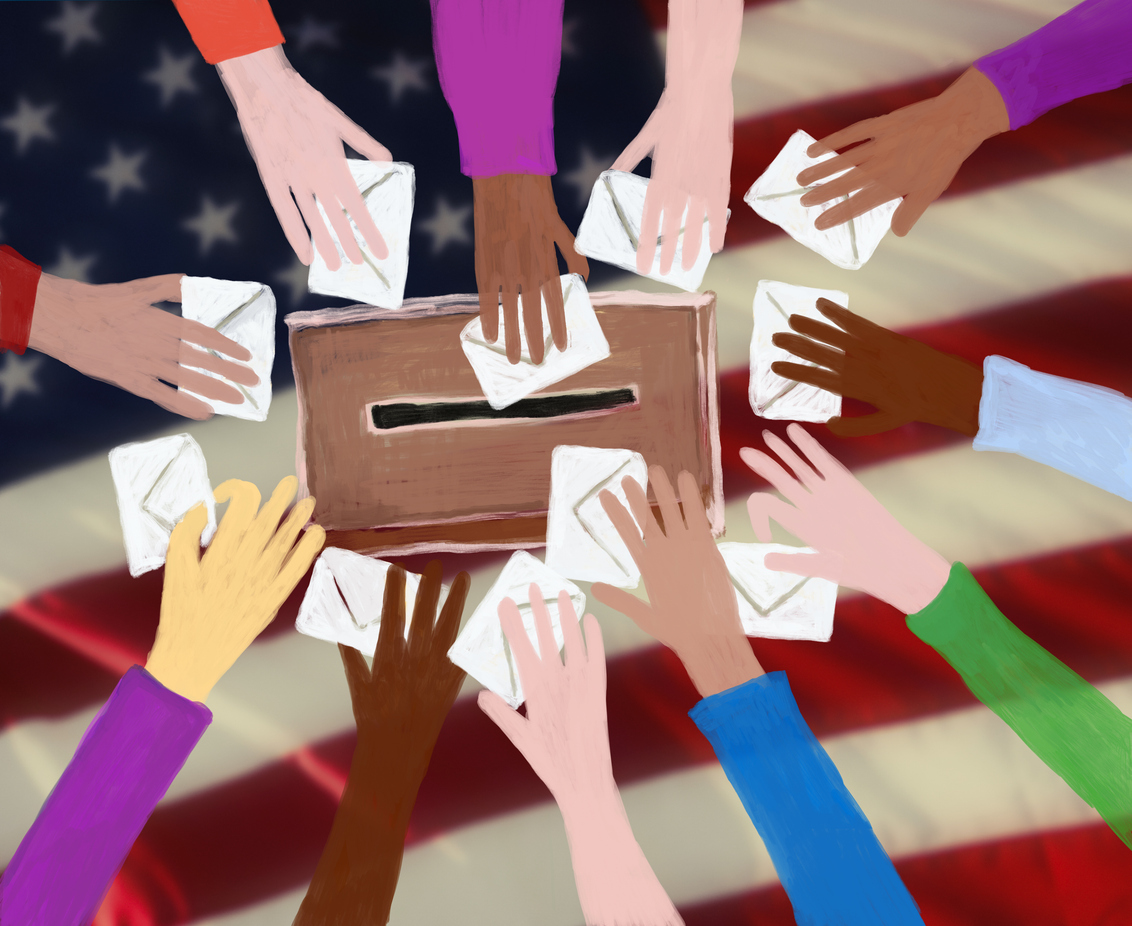
Can Multiracial Democracy Survive?
*This article was written by Chief Organizer Maria J. Stephan and was first published on Sojourners. Racial justice and pro-democracy advocates share a common agenda. DEMOCRACIES OFTEN DIE by a...

Defending Democracy by Expanding the Agenda
*By Research Assistant Sivahn Sapirstein and Director for Race and Democracy Jarvis Williams. As 2024 continues, all eyes are on the Presidential election. Many Americans are focused on the colossal...

Race and Democracy
Within the broad ecosystem of social change in the US, we often find a lack of alignment between racial justice and pro-democracy agendas. At best, there are siloed efforts of...

Calling in Calling Out
Building powerful movements for a just and democratic society requires tearing down the walls separating people and welcoming new people into the movement. It takes recognizing that individuals, shaped by...
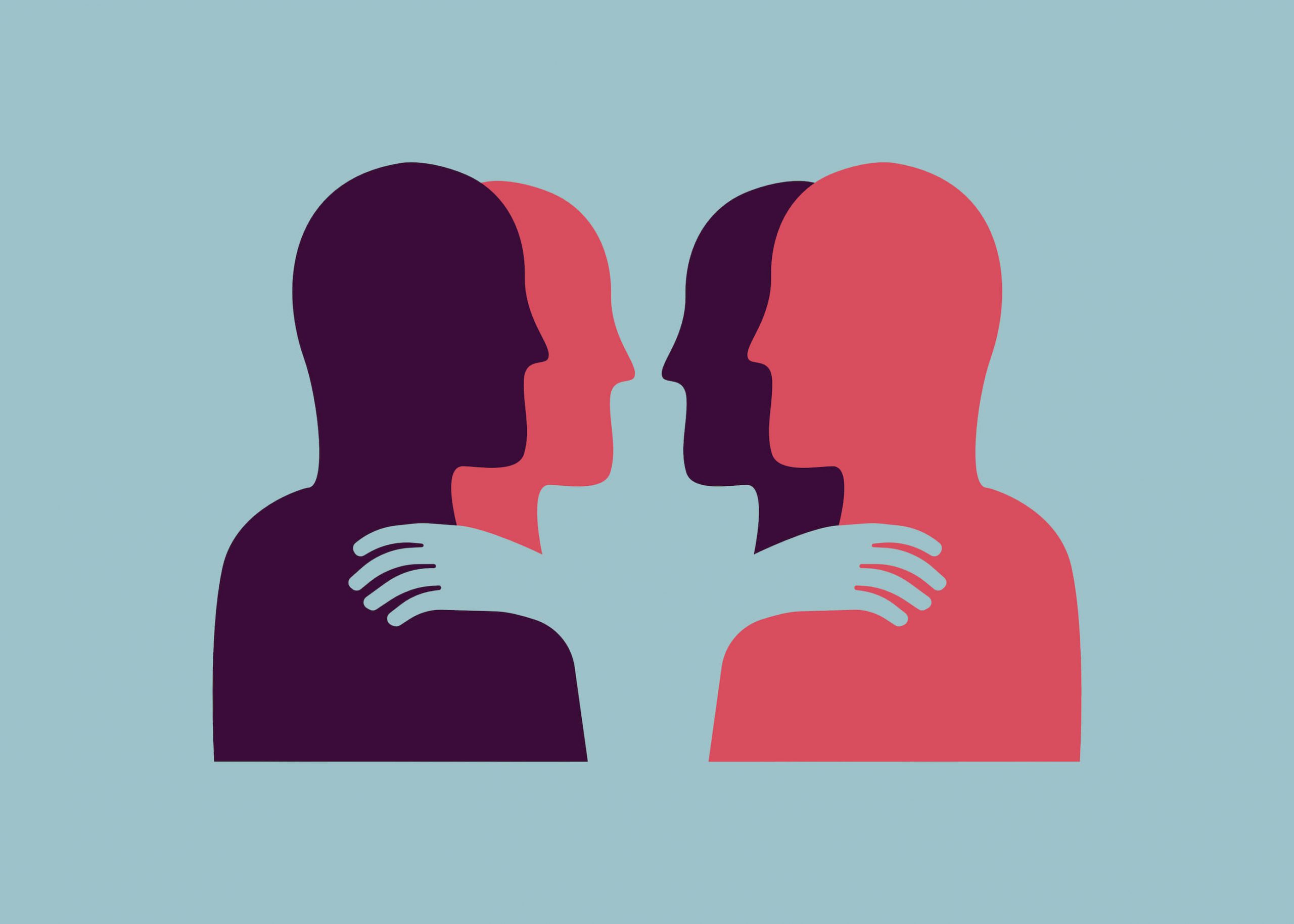
Trauma Healing
Unaddressed traumas pose significant challenges to building a healthy democratic society, exacerbating intra-group and inter-group conflicts and making it difficult to find common cause. Healing individual and group traumas is...
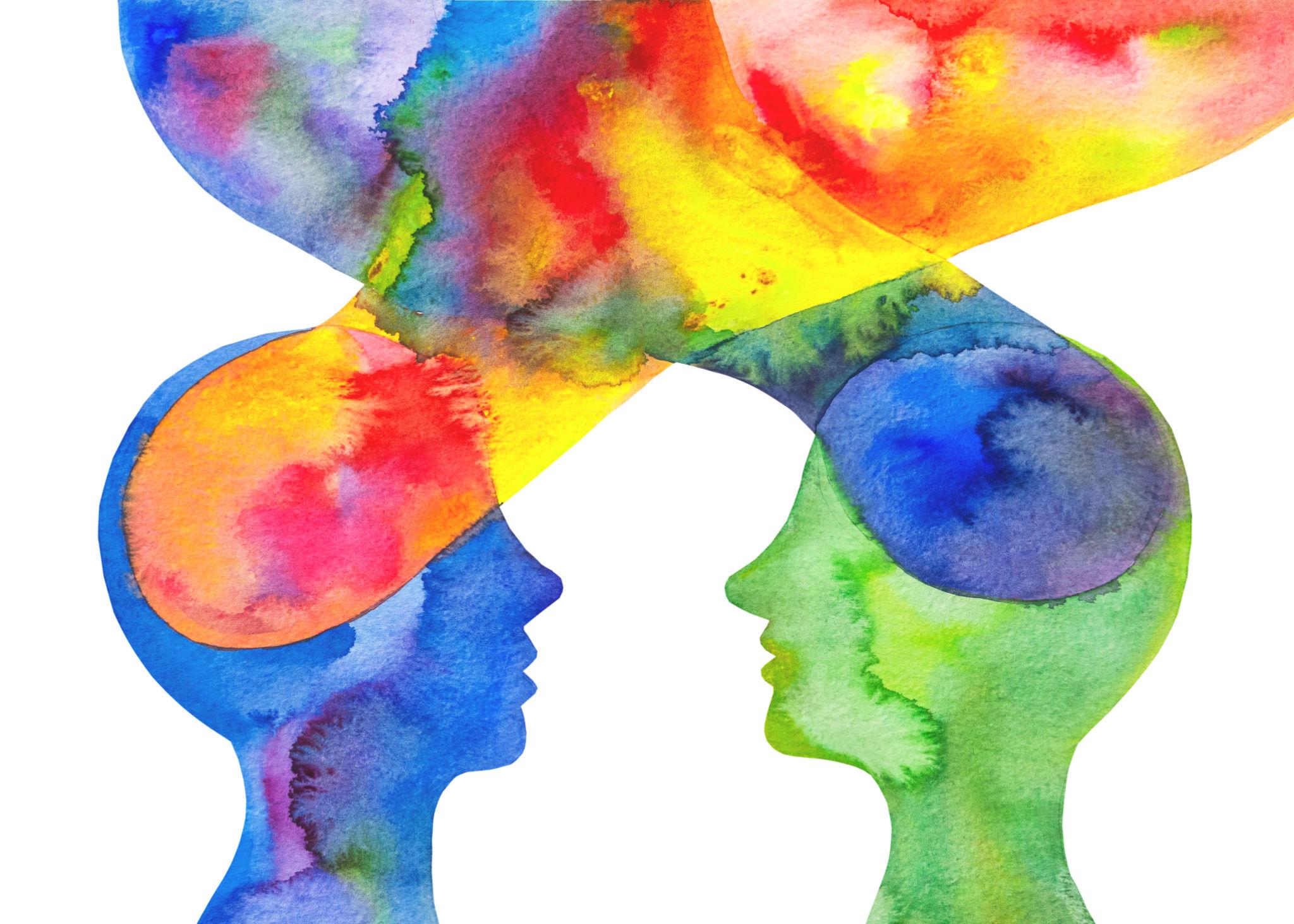
SENSEMAKING WITH HORIZONS: The Alabama Brawl, August 2023
https://youtube.com/watch?v=Sf6npTNF8gs Jarvis Williams, the Director of Applied Research and Julia Roig, the Chief Network Weaver at Horizons come together in this short video interview to reflect on the “Alabama Brawl” that occurred...
